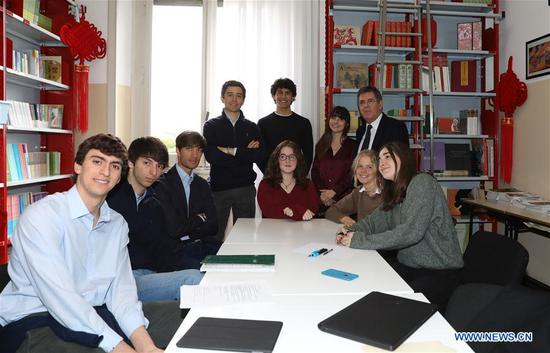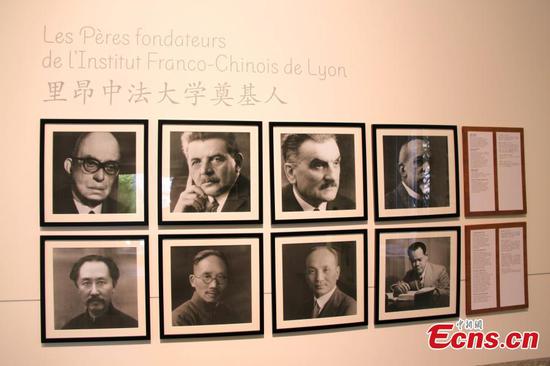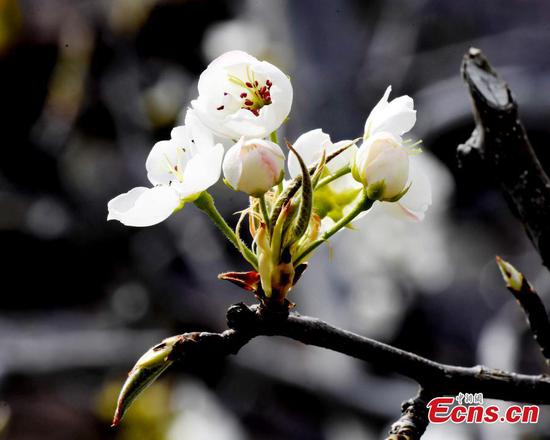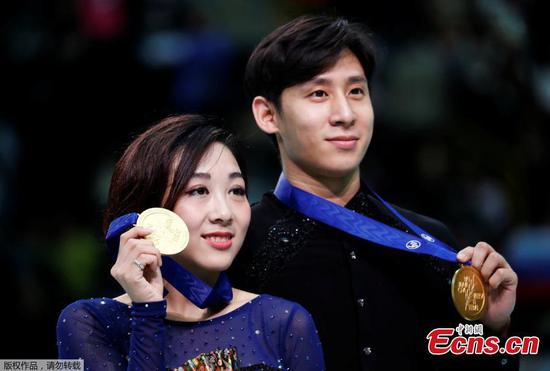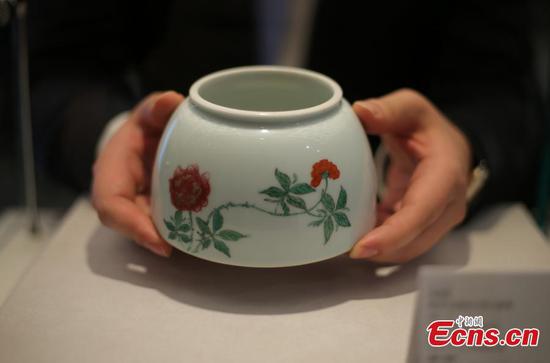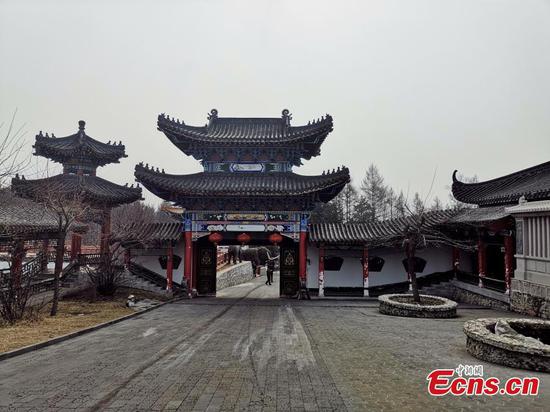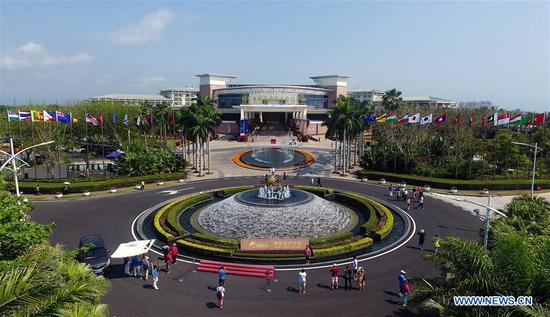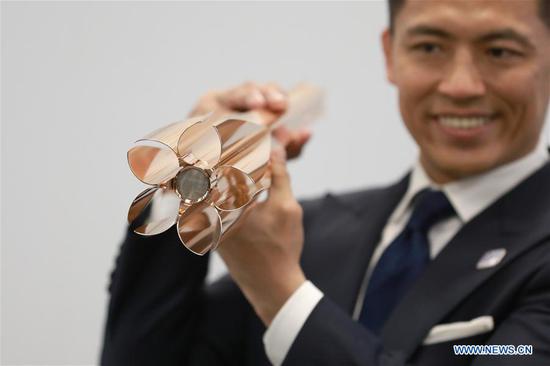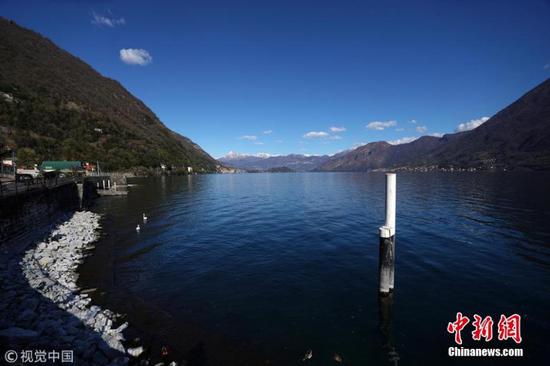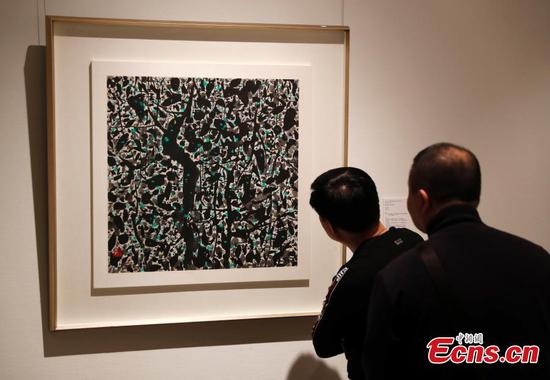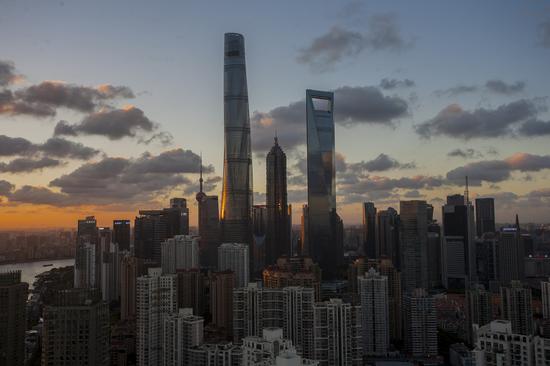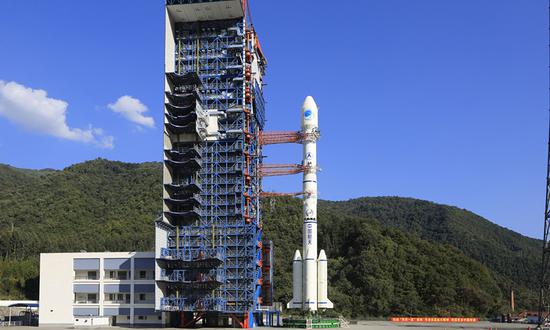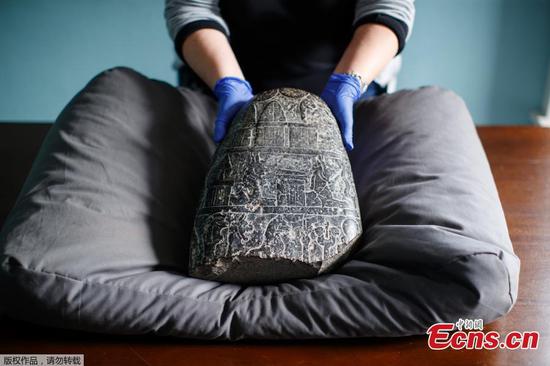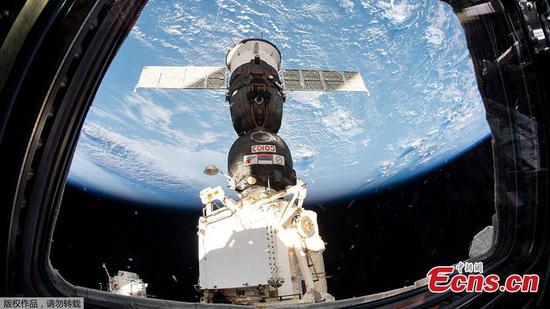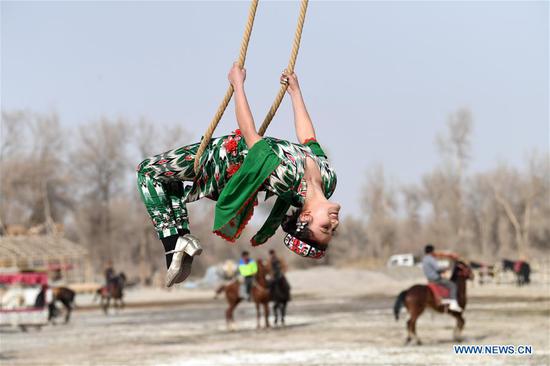China and the United States will hold their eighth round of high-level economic and trade consultations in Beijing on March 28 and 29, the Ministry of Commerce said on Thursday.
U.S. Trade Representative Robert Lighthizer and Treasury Secretary Steven Mnuchin were invited to China for the talks, ministry spokesman Gao Feng said at a news conference.
Vice-Premier Liu He was invited to Washington for the ninth round of talks in early April, Gao said.
He said the two sides have recently had several phone conversations on economic and trade issues and agreed on the schedule.
The planned meetings will follow a string of intense China-U.S. negotiations in recent months. Negotiators have been striving to implement a consensus reached by the two countries' leaders in December.
China and the U.S. made substantial progress on such specific issues as technology transfer, protection of intellectual property rights, nontariff barriers, the service sector, agriculture and exchange rates in the seventh round of trade consultations.
Last week, Premier Li Keqiang said the common interests of China and the U.S. far outweigh the differences, raising hopes that the ongoing trade talks will eventually bear fruit.
The steady growth of the bilateral relationship is in the interests of both countries and is beneficial to the whole world, Li said at news conference, calling Sino-U.S. economic decoupling "unrealistic".
Li said consultations on economic and trade issues are still underway between the two nations, and he hopes the talks will deliver "good outcomes" and bring mutual benefits. "I believe this is also what the whole world would like to see," he added.
Chinese authorities have been making concerted efforts to further open up the domestic economy and build a world-class business environment. A recent example was the approval of the Foreign Investment Law, which aims to better protect foreign investors' legitimate rights.
To ensure the smooth implementation of the law, which will take effect on Jan 1, 2020, the Ministry of Commerce is working together with several departments to formulate supporting regulations, Gao said. "In this process, we will listen closely to opinions and suggestions from relevant parties including foreign enterprises," he added.
Under the Foreign Investment Law, China will treat foreign and Chinese enterprises equally. The law bars forced technology transfer and stipulates strict protection of the IPR of foreign-invested companies.
Contact the writers at jingshuiyu@chinadaily.com.cn









